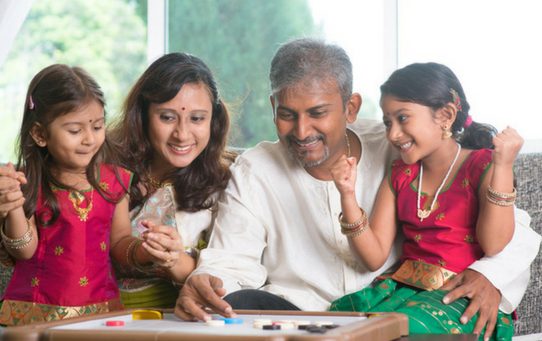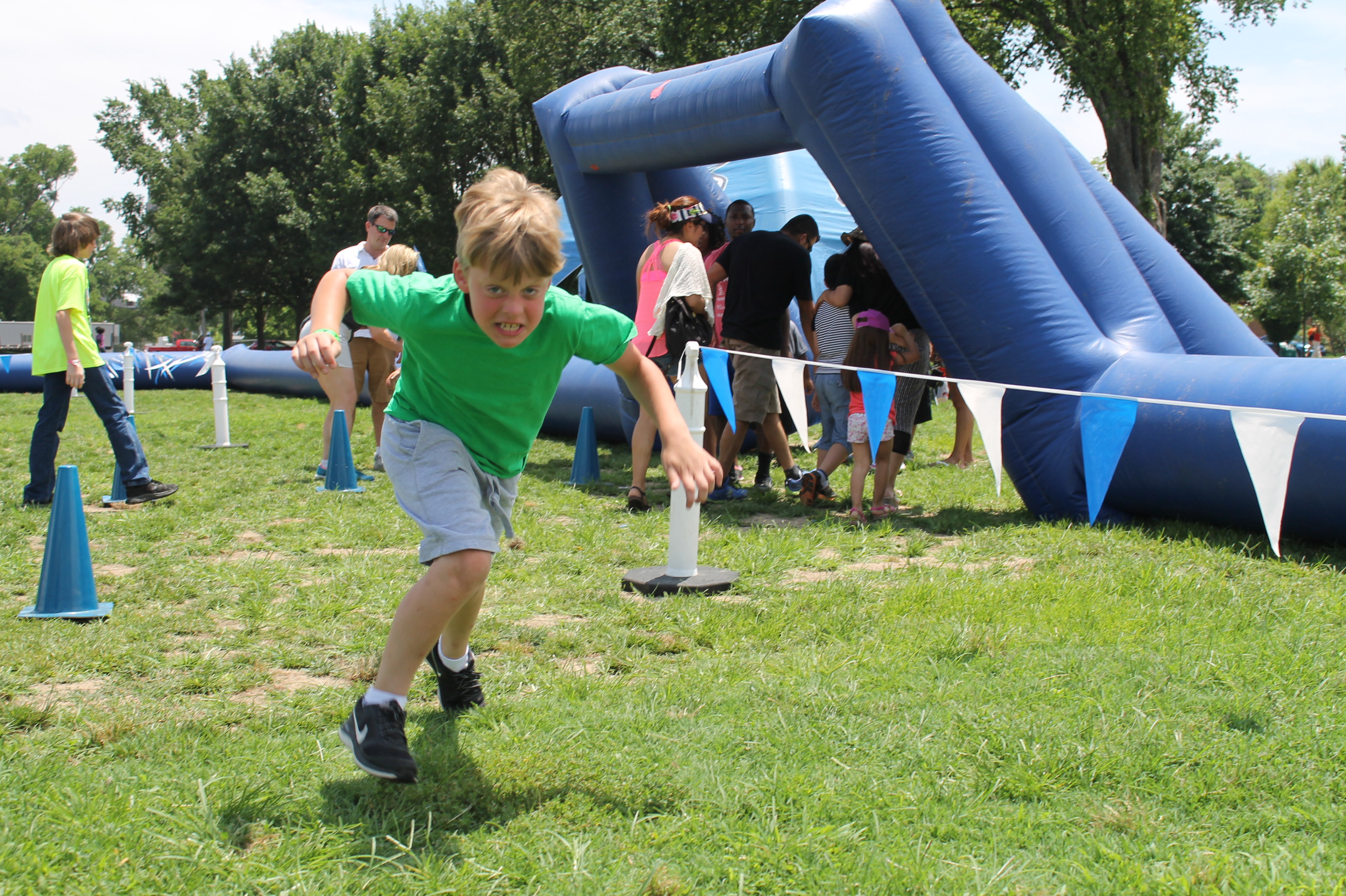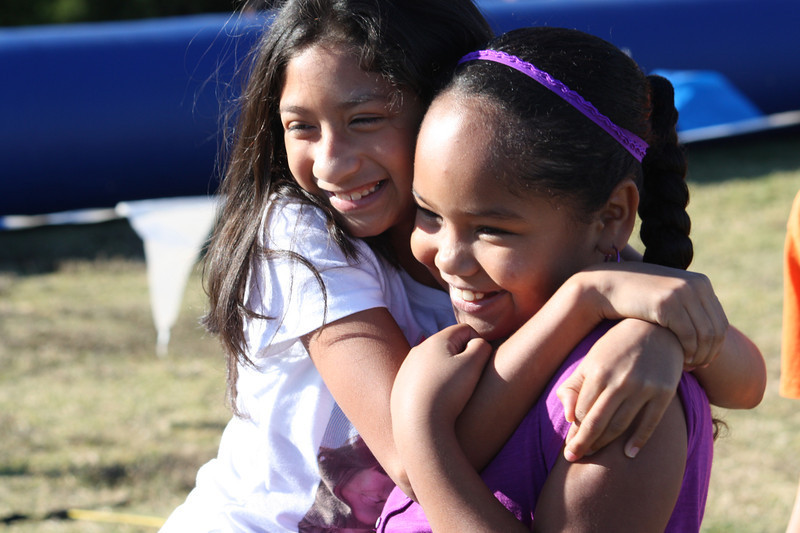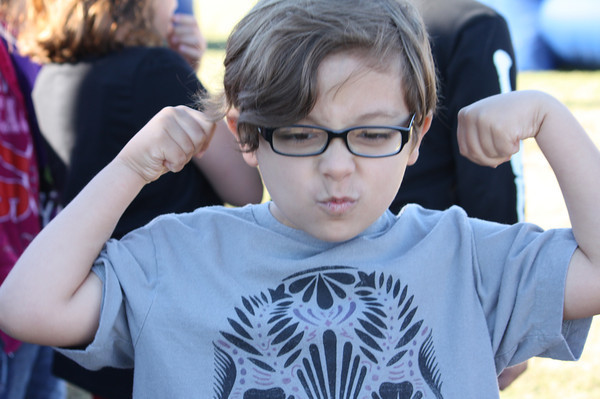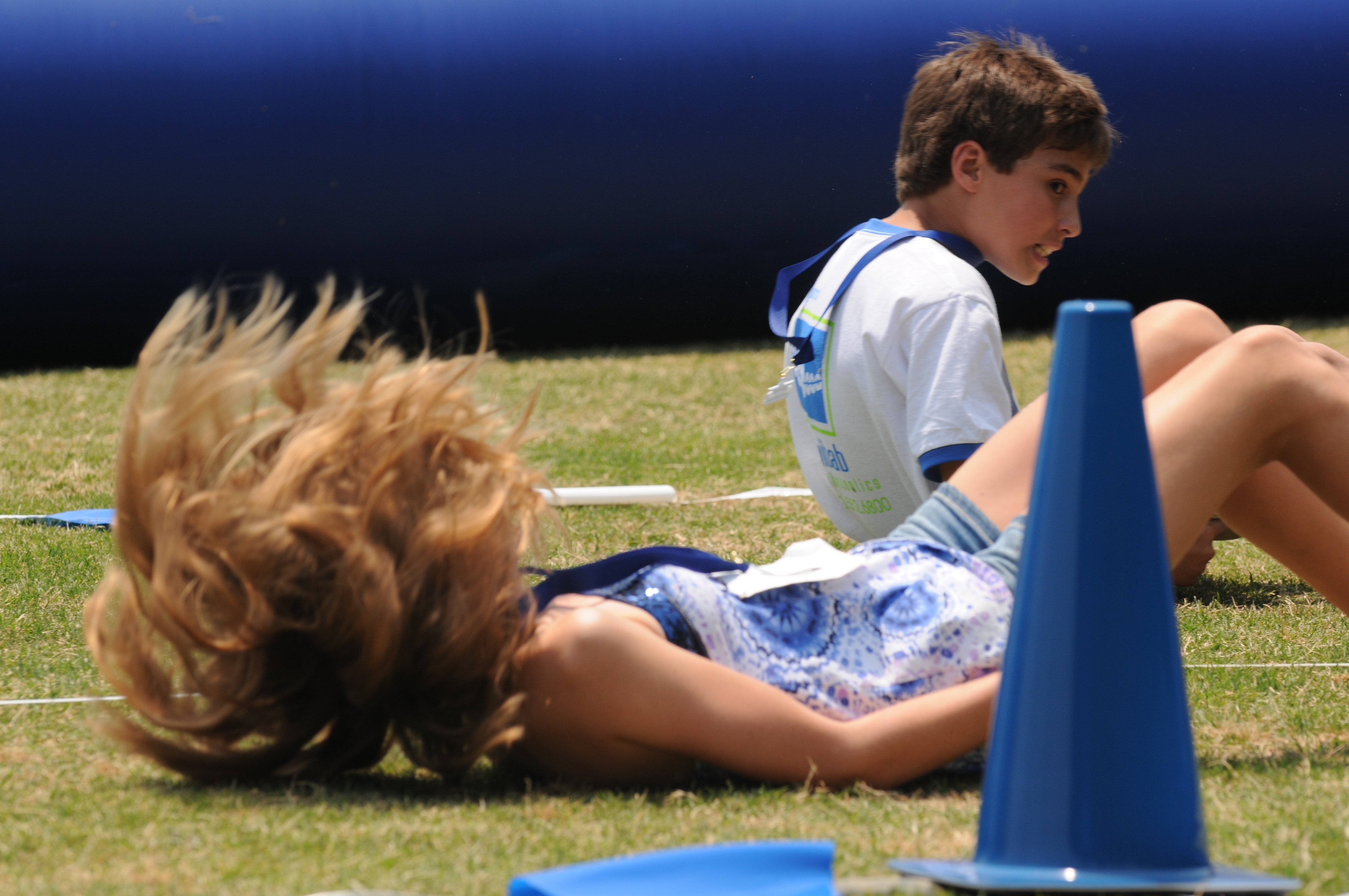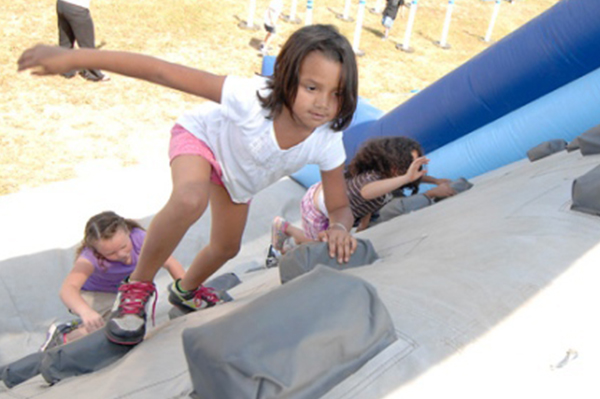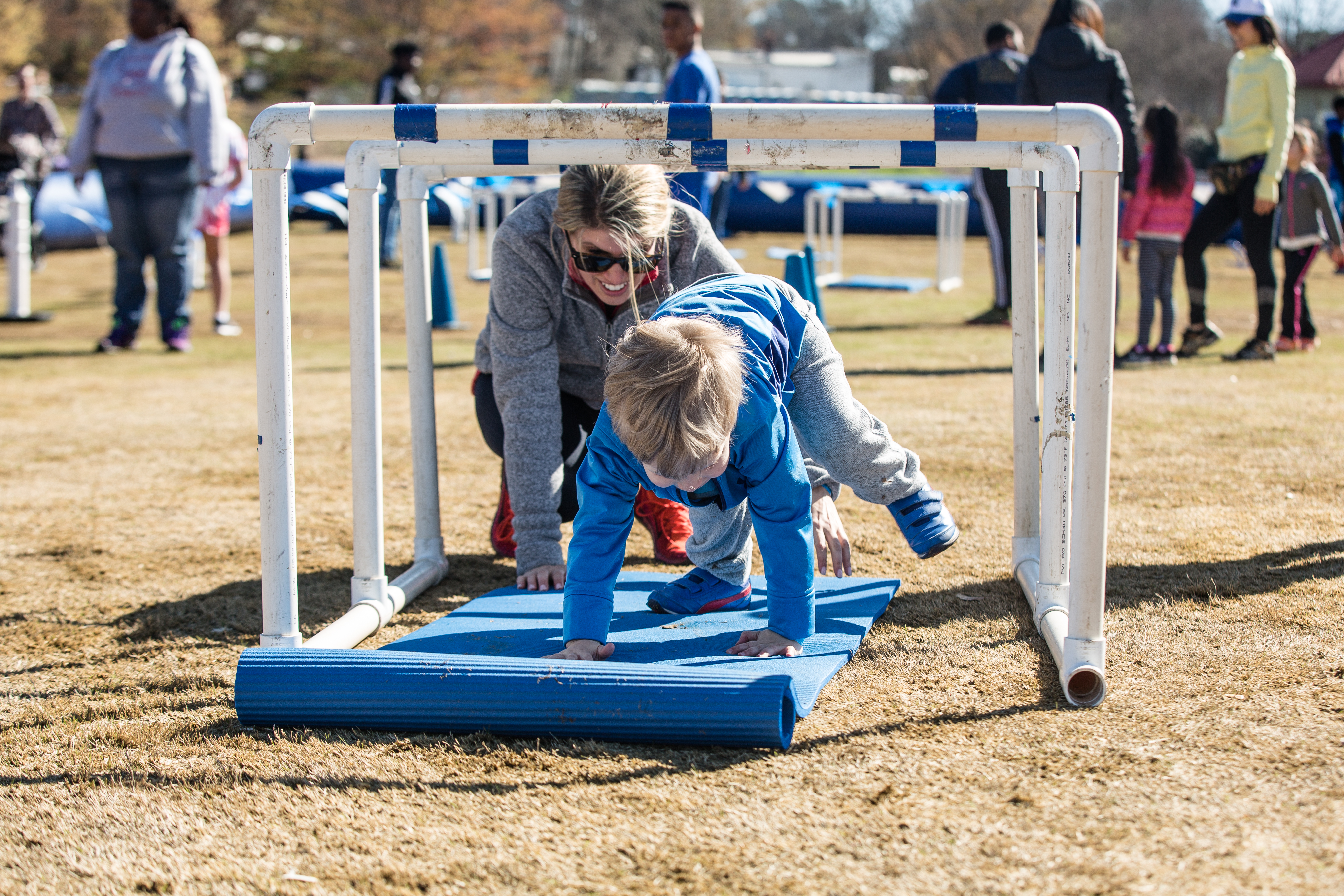Spending time with your kids can be one of the most rewarding experiences a person can have. You want them to grow up well rounded and to have every possible advantage you can give them, but at the same time, you want them to know how to have fun. Here are some games you can play with your kids that are fun to play and they can’t help but learn a little bit at the same time.
1. Scavenger Hunt
A scavenger hunt isn’t a new idea. People have been doing them at camps and family gatherings for decades. Sometimes an old idea is still a good idea. The concept is simple. Just make a list of items around the house or yard that your child can find. Then set them loose to look for them. Make clear boundaries so they know where they can search, though. You wouldn’t want them running across the street to find the ball that’s just sitting in their room. This game teaches children to observe the world around them and discover new things.
You can also change the difficulty in a few ways. You can set a time limit on the hunt if you’d like and then see how many items your child found before the clock ran out. This can give them time management skills as well. The game can also become more imaginative. Try telling your children to find something that can be rolled, instead of telling them to find a ball. This way they have to think for themselves a little bit more, and you’ll be delighted to see what things they come up with and why.
Scavenger hunts can be done with one child or with many. They can be teamed up or play individual. Just tweak the idea until it fits your own situation.
2. Riddles and Puzzles
Children love to see things differently. It’s fascinating to them to find out that things aren’t always set in stone and straightforward. This is why a lot of kids enjoy doing puzzles and solving riddles.
Puzzles can be as simple as a jigsaw puzzle, or a more complex brain teaser. Find a puzzle that you understand the rules for and then explain them to your child. Work together to solve the puzzle. Solving things like this promotes analytical thinking and gives a sense of accomplishment when you’re finished.
Riddles, on the other hand, typically promote a different kind of thinking. The solutions to riddles are often not as cut and dry as puzzles. It makes kids think outside the box and helps them develop the skills they need to solve unique problems.
3. Make a Grocery Store
This game doesn’t really have any clear objective. It’s more like just playing pretend than finding an answer. But you can still make it a learning experience. A pretend grocery store is full of opportunities to work on mathematics, social skills, and even a bit of reading.
Set up a little store in your home or yard with displays of whatever items you’d like to sell there. You can use toy food, clothes, pillows, or anything else you’d like to add. You can even just make cards with pictures of items you’d like to pretend to sell. Once your displays are up you should label the items and put a price on them. The supply your child with play money or a good substitute.
After creating your grocery store try playing as the cashier so your child has a place to check out all of the items they wish to “purchase.” Now you should figure up the cost of these items for them. Have them count out their money to you and give them proper change. Then you can switch roles and become the shopper in their store.
You can make the game more complex if you want to by adding concepts like sales and haggling. Maybe open two stores. One for you and one for your child and take turns shopping at one another’s. This can keep the money in circulation.
4. Pictionary and Charades
The rules to Pictionary and Charades are very similar. With Pictionary, you are assigned an object, concept, person, or place and then you are asked to draw it to the best of your ability. Then the other players try to guess what you drew. Charades is the same, except instead of drawing you have to physically act out your word. In both cases, the artist or the actor is not allowed to talk. These games help children learn communication skills as well as developing motor skills.
5. 20 Questions
20 questions is another simple game that you can play with your children. All you have to do is think of a person, place, or thing. Then you allow your children to ask questions in which the answer will be: yes, no, or sometimes. Once someone has correctly guessed what you are thinking of, you switch and let them choose something to think of. 20 questions help kids work on deductive reasoning and find out how to ask good questions.
Bonus: Improvisation
Improvisation games feel silly but they are surprisingly good for your mind. The point of an improvisation game is to create a fun and coherent skit on the spot, with no script. You can look up several improvisation games and exercises online or even make up some of your own. Try simple ones at first. Some children and even adults find it hard to get into the swing of it all right away.
Now that you have some fun ideas to work with, it’s time to go play with those kids of yours without feeling like you aren’t teaching them something useful.



